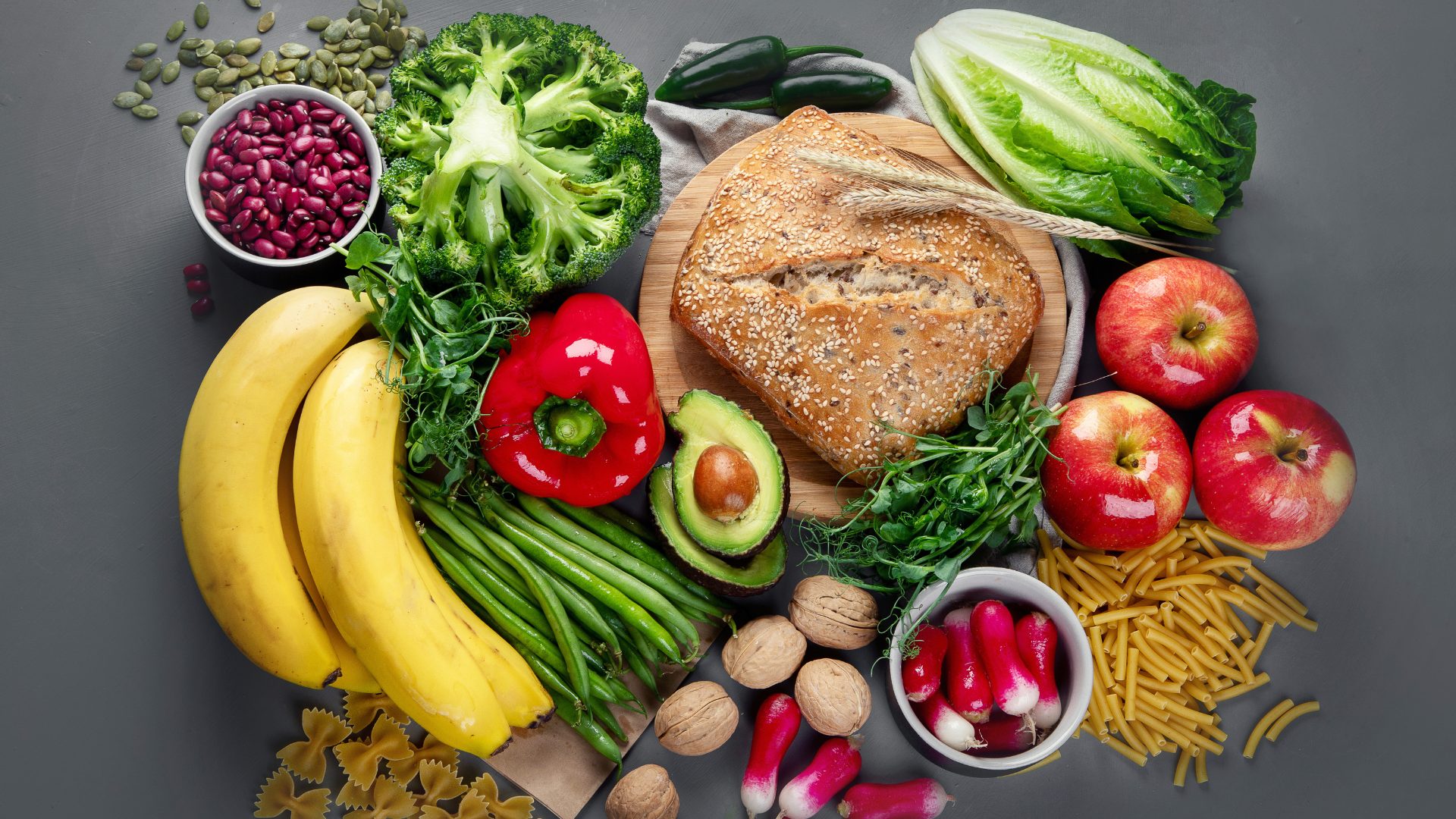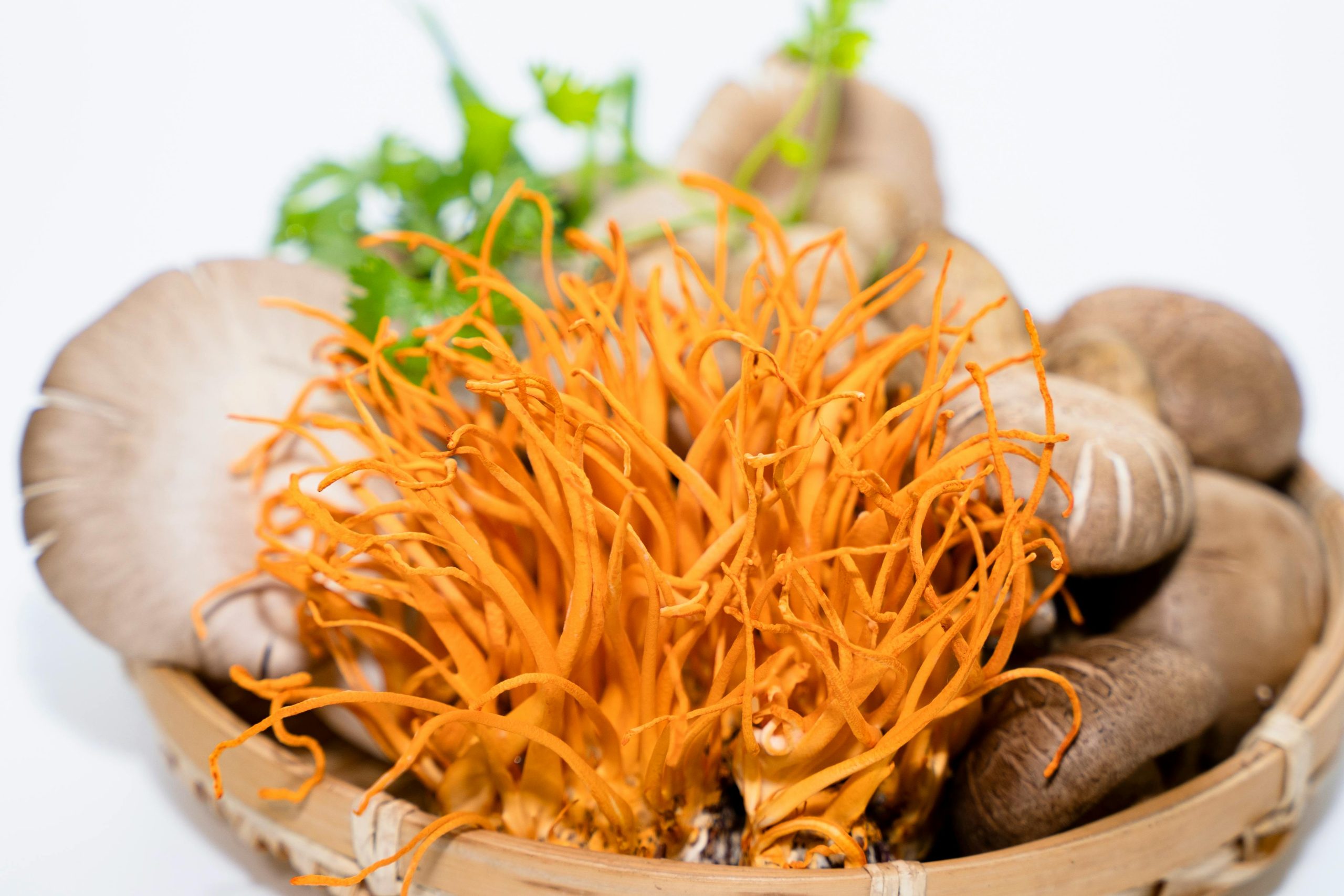What happens when a study to help patients control nutrition-type diseases, regulate their eating and dietary habits, and implement food as medicine as a foundational treatment course, well, doesn’t?
In a recent issue of JAMA Internal Medicine, research stemming from the Massachusetts Institute of Technology Sloan School of Management found that an intensive food-as-medicine program showed no improvement in glycemic control for patients who suffer from type 2 diabetes and/or food insecurity.
The paper – “Effect of an Intensive Food-as-Medicine Program on Health and Health Care Use – a Randomized Clinical Trial” – revealed the results of almost 350 patients with type 2 diabetes with previous food insecurity to determine if short-term access to better and healthier food options could improve glycemic control. Subjects in the treatment group enjoyed intensive support and food supplies and were given 10 healthy meals per week per household as well as dietitian consultations, health coaching, and more. The control group did not receive any of these benefits.
The results? No significant difference between the groups, save for minimal declines in A1C levels between the treatment (1.5%) and control (1.3%) groups. No significant differences were also noted between the groups in regard to cholesterol, triglycerides, fasting glucose, or blood pressure at both six and 12 months. The study showed that damage from extended food insecurity is not easily reversible and that those with specific nutrition-type diseases – like type 2 diabetes – may struggle to control it using only diet (or food as medicine) alone.
Nonetheless, food-as-medicine programs are gaining popularity in clinics (and even app-based direct-to-consumer applications) around the world.
The Variety of People Mimics the Sheer Variety of Food
“ ‘Food as Medicine’ should not be thrown out just because of research,” said George Yang, founder of Yanre Fitness and Oxygenark, to The Food Institute.
“ It is very important to get personalized food advice based on your metabolic makeup, habits, and medical background,” he added, noting that gradual changes in metabolism and other contributing factors to overall health will be wildly different from patient to patient, diet to diet.
“ ‘Food as Medicine’ as a way to treat diseases like type 2 diabetes is neither clear nor dead. For this complex process to work, it needs a more personalized and thorough strategy. It’s important to look at food treatments on their own, taking into account professional help and your own health goals.”
Like many diets, indulgences, and vices, “everything in moderation” is a good rubric by which to evaluate one’s actions if implementing a food-as-medicine nutritional plan.
“I agree that food cannot be used as medicine simply because we could never consume enough of it in a day to obtain the necessary nutrient amounts for effectiveness,” said Carli Dansky, a life and wellness coach and founder of btrue & well, a life coaching service, to The Food Institute.
“However, I believe that diets, when combined with protocols, are extremely beneficial and help the body successfully rebound, potentially eliminating various illnesses,” noting that adopting an anticancer diet, for example, could be useful for someone undergoing chemotherapy or treating their cancer with other drugs and therapies.
“ I anticipate a future shift towards considering multiple aspects of a person’s life to improve their health and wellness,” she added. “It won’t be just one modality or method alone that provides the solution, but rather a combination of protocol treatment, diet, mindset, activity, and more.”
Consider the Unknown Unknowns
Despite a trial’s best intentions, sometimes its methods can be counterproductive to its intended results.
“I am aware of this study,” said Dr. Menka Gupta, MD, and functional medicine doctor at Nutranourish, to The Food Institute. “It’s one of the first fully randomized clinical trials on the subject, and there are several factors which could explain the modest impact of diet.”
Dr. Gupta pointed out that the study relied upon self-compliance to account for its patients and their results; some had to prepare meals themselves from the provided food, which could have been quite a hurdle for compliance. Furthermore, the timeline of the study overlapped with the COVID-19 pandemic, which may also have influenced the outcome.
Dr. Gupta also mentioned other limitations in the study design and noted that the MIT doctors themselves noted that it’s unclear that food interventions don’t work; just that in this particular case, the study and control groups exhibited similar results.
Instead, Dr. Gupta recommended a need for a personalized approach.
“The study’s findings underline the importance of a personalized approach in using food as medicine. The effectiveness varies greatly from person to person, depending on genetic, environmental, and lifestyle factors,” and he was also quick to point out that the idea of health is not just defined by biomarkers; energy levels, mood, cognitive function, and other subjective measures of well being all constitute the unknown, inimitable, and wildly variable state of simply being a person.
“Food impacts health in various ways including gut health, inflammation, mental well-being, and overall quality of life,” she concluded.












